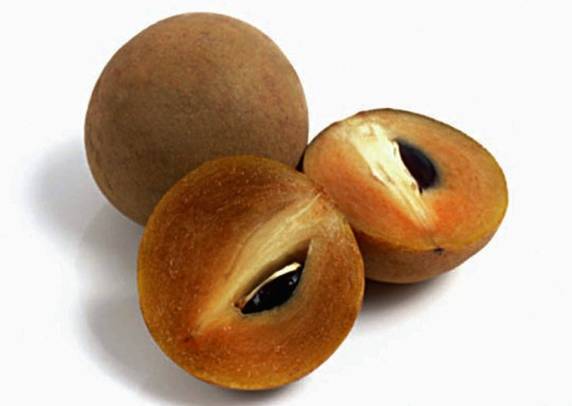What are some lesser-known fruits that are packed with health benefits? There are several lesser-known fruits that are packed with health benefits. Here are a few examples:
Jujube Fruit (Ziziphus jujuba):
Also known as red dates or Chinese dates, jujube fruit is rich in vitamins, minerals, and antioxidants. It is believed to have calming properties and may aid in improving sleep quality.
Kiwano (Cucumis metuliferus):
Also called horned melon or African horned cucumber, kiwano is a unique-looking fruit with spiky orange skin. It’s a good source of vitamin C, fiber, and antioxidants.
Salak (Salacca zalacca):
Commonly known as snake fruit due to its reddish-brown scaly skin, salak is high in fiber, vitamin C, and minerals. It’s known for promoting digestive health and boosting the immune system.
Amla (Phyllanthus emblica):
Also known as Indian gooseberry, amla is a small, green fruit that is extremely rich in vitamin C and antioxidants. It’s believed to have various health benefits, including improving skin health and boosting the immune system.
Cupuacu (Theobroma grandiflorum):
Native to the Amazon rainforest, cupuacu is related to cacao and has a creamy, white pulp with a unique flavor. It is rich in antioxidants, vitamins, and minerals, and is believed to have potential health benefits, such as supporting cardiovascular health.
Pepino (Solanum muricatum):
Also known as melon pear, pepino is a yellow or green fruit with a sweet and mild flavor. It’s a good source of vitamins, minerals, and antioxidants, and is believed to have anti-inflammatory properties.
Cherimoya (Annona cherimola):
Known as the “custard apple,” cherimoya has a creamy texture and a sweet taste. It is rich in vitamin C, fiber, and antioxidants, and is believed to have potential benefits for digestion and heart health.
Physalis (Physalis peruviana):
Also known as cape gooseberry or goldenberry, physalis is a small, orange fruit enclosed in a papery husk. It’s a good source of vitamins A and C, as well as antioxidants, and may have anti-inflammatory properties.
Including a variety of these lesser-known fruits in your diet can provide a range of nutrients and health benefits. Keep in mind that individual responses to these fruits may vary, and it’s always a good idea to consult with a healthcare professional or a nutritionist for personalized dietary advice.


